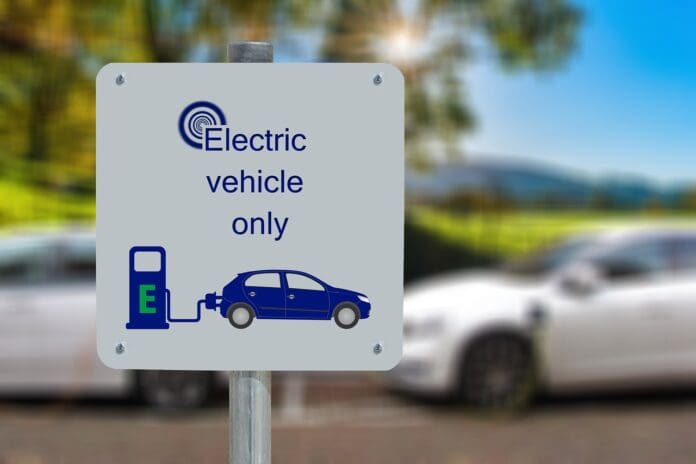This post is also available in:
 עברית (Hebrew)
עברית (Hebrew)
The electric vehicle (EV) industry has been following an achievement by UK startup Ilika. Their prototype solid-state battery, named the Goliath P1, has demonstrated remarkable safety features by passing a critical thermal runaway test, setting a new benchmark for battery technology.
The Goliath P1, which utilizes a solid electrolyte rather than the liquid electrolytes found in traditional lithium-ion batteries, has excelled in the nail penetration test—a crucial evaluation that simulates incidents that lead to thermal runaway. Traditional lithium-ion batteries, when subjected to similar conditions, can reach temperatures up to 600°C, frequently resulting in explosions or fires. In stark contrast, the Goliath P1 maintained a stable temperature below 80°C during the test, far from the dangerous levels associated with lithium-ion battery failures.
“In the nail penetration tests, the P1 cells neither exploded nor caught fire, with external temperatures remaining below 80°C,” Ilika confirmed in a press release. This outcome highlights the significant safety advantages of solid-state technology over conventional batteries, which often suffer from hazardous swelling, rupturing, or fire upon failure. This reflects a growing consensus on the potential of solid-state batteries to address safety concerns in the EV sector.
Solid-state batteries are gaining traction as a promising alternative due to their enhanced safety and high energy density. As the global push toward NetZero emissions accelerates, EVs equipped with these advanced batteries could play a crucial role. The improved safety demonstrated by Ilika’s Goliath P1 could lead to simpler battery designs with reduced need for protective packaging, potentially resulting in lighter vehicles with longer driving ranges.
Ilika has attracted the attention of industry giants such as Shell and Toyota. The development of the Goliath P1 prototype, featuring an NMC cathode and silicon anode in a solid-state pouch cell, marks a significant advancement in their R&D efforts, according to Interesting Engineering.
CEO Graeme Purdy highlighted the importance of this development: “Ilika has designed solid-state cells intended to provide a safer alternative to high-energy lithium-ion batteries.” Although still in the R&D phase, Ilika’s goal is to have a mass-producible version of the battery available by 2025. The company aims to utilize existing lithium-ion battery manufacturing infrastructure to ease the transition to this new technology, with plans to establish a pilot facility for megawatt-scale production.
The success of the Goliath P1’s nail penetration test not only illustrates the promising potential of solid-state batteries but also sets a new standard for safety and performance in the EV industry. As Ilika continues to advance its technology, the future of electric vehicles looks increasingly secure and sustainable.


























